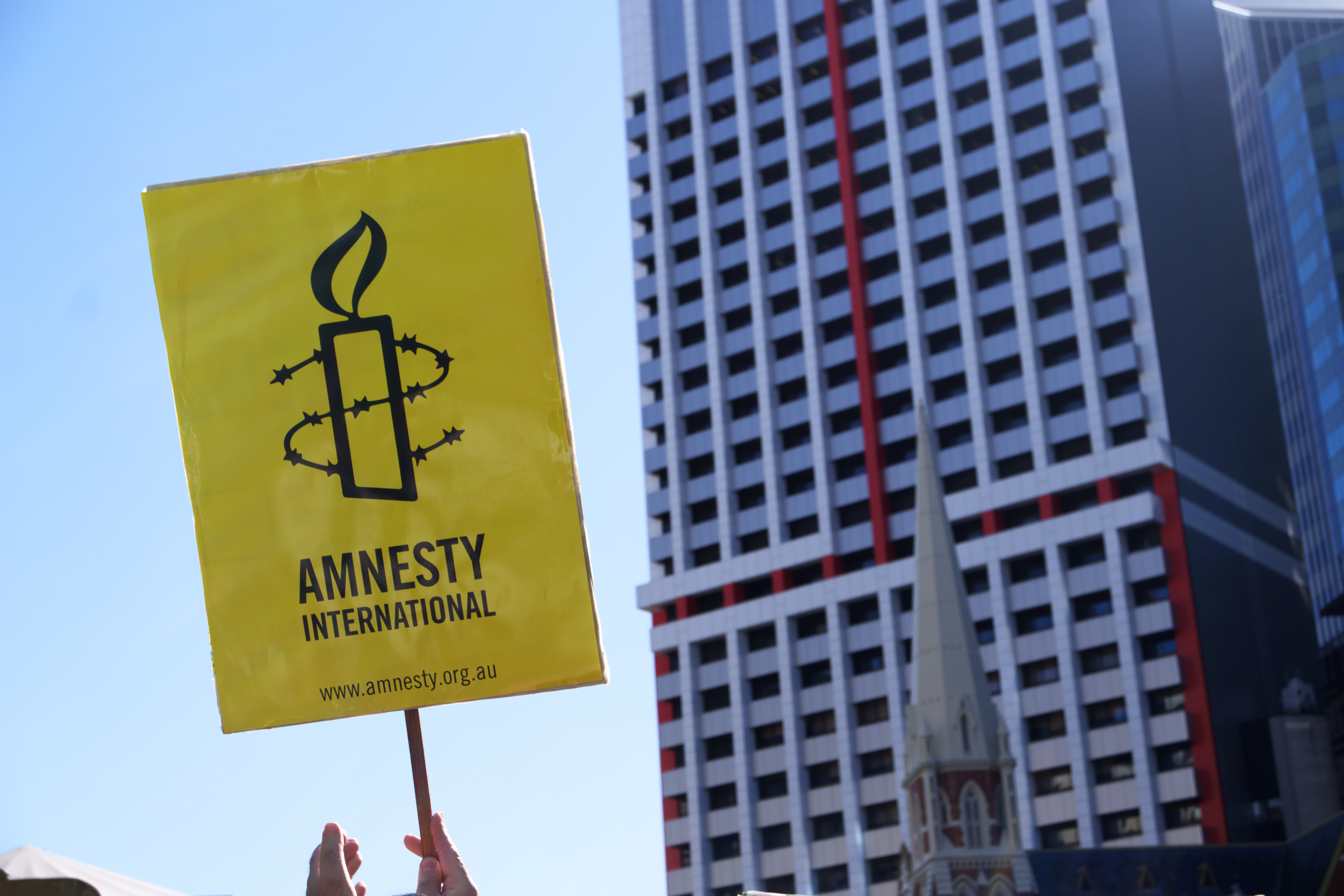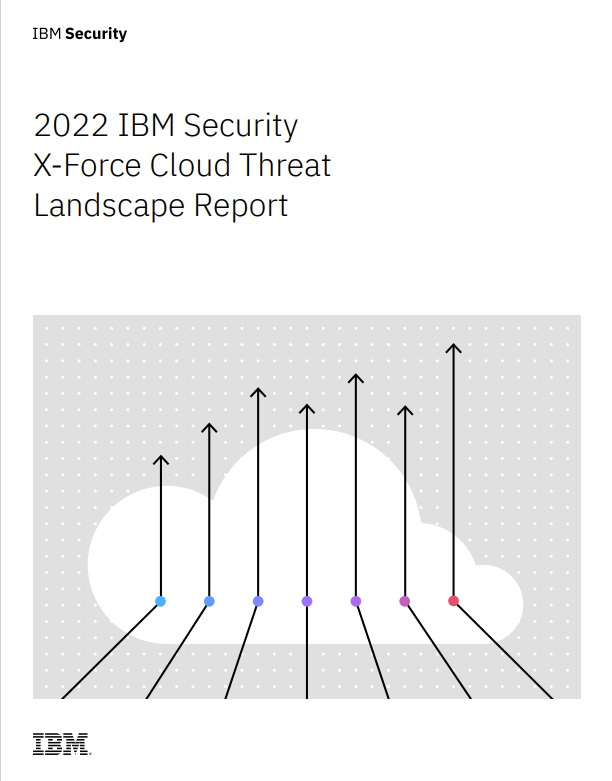China-backed hackers take down Amnesty International Canada for three weeks
Cyber security experts linked state-sponsored APTs to the tools and methodology of the attack, which may have been intended as a covert campaign


Sign up today and you will receive a free copy of our Future Focus 2025 report - the leading guidance on AI, cybersecurity and other IT challenges as per 700+ senior executives
You are now subscribed
Your newsletter sign-up was successful
Amnesty International Canada confirmed that it was the victim of a Chinese state-backed threat actor in October which took its systems down for three weeks in an apparent espionage operation.
No evidence has been found to suggest that sensitive information was exfiltrated in the incident but Chinese state-backed cyber attackers are known for prioritising espionage as a key mission objective.
Once aware of the breach, Amnesty International Canada began an investigation of its network with the assistance of cyber security experts and forensic investigators, who determined that an advanced persistent threat group (APT) was behind the attack. Security firm Secureworks drew a link between the evidence and known methodology of China-backed hackers.
The threat actors were reportedly attempting to monitor the organisation's network without being detected, perhaps with the intention of building a list of contacts and Amnesty International activity, per CBC News.
"The assessment that this breach was likely perpetrated by a Chinese state-sponsored threat group was based on several factors," Mike McLellan, director, counter threat unit at Secureworks told IT Pro.
"Firstly, the tools, techniques and infrastructure we identified are consistent with those we have previously associated to Chinese threat groups.
"Secondly, the nature of Amnesty International Canada as an organisation, and more specifically the information that was targeted, would be of direct interest to the Chinese state. And thirdly, the length of time the threat actors were in the environment, coupled with the absence of any apparent attempt to monetise their access, for example by deploying ransomware, points towards espionage rather than financial gain as the motivation for the attack."
Sign up today and you will receive a free copy of our Future Focus 2025 report - the leading guidance on AI, cybersecurity and other IT challenges as per 700+ senior executives
"This assessment is based on the nature of the targeted information as well as the observed tools and behaviours, which are consistent with those associated with Chinese cyber espionage threat groups," read the Secureworks report, via CBC News.
Secureworks keeps a detailed catalogue of threat actor profiles, with information on the states to which each threat group is linked, their known aliases, and the tools characteristic of each group. It has listings for ten such Chinese threat actors, with listed tools including CCleaner and PowerShell Empire.
RELATED RESOURCE

2022 IBM's Security X-Force cloud threat landscape report
Recommendations for preparing and responding to cloud breaches
“As an organisation advocating for human rights globally, we are very aware that we may be the target of state-sponsored attempts to disrupt or surveil our work,” said Ketty Nivyabandi, secretary general of Amnesty International Canada in the organisation’s blog post on the incident.
“These will not intimidate us and the security and privacy of our activists, staff, donors, and stakeholders remain our utmost priority.”
“This case of cyber espionage speaks to the increasingly dangerous context which activists, journalists, and civil society alike must navigate today. Our work to investigate and denounce these acts has never been more critical and relevant. We will continue to shine a light on human rights violations wherever they occur and to denounce the use of digital surveillance by governments to stifle human rights,” she added.
Cyber security agencies such as the US Cybersecurity and Infrastructure Security Agency (CISA) and National Security Agency (NSA) have warned businesses that nation-state hacking tools are being used to compromise critical national infrastructure (CNI).
On 6 December, the US Secret Service seized millions in COVID funds stolen by China-backed hackers, tracked as APT41, in a first-of-its-kind fraud linked to a nation state. APT41 has previously been credited for the hacking of six US government networks, and a number of arrests have been made around individuals associated with the group.
Chinese cyber attacks have continued to dominate headlines, even as Russian-backed threat actors continue cyber attacks on Ukraine, and warnings that they could attack other European nations.
This article was updated to include a comment by Secureworks.

Rory Bathgate is Features and Multimedia Editor at ITPro, overseeing all in-depth content and case studies. He can also be found co-hosting the ITPro Podcast with Jane McCallion, swapping a keyboard for a microphone to discuss the latest learnings with thought leaders from across the tech sector.
In his free time, Rory enjoys photography, video editing, and good science fiction. After graduating from the University of Kent with a BA in English and American Literature, Rory undertook an MA in Eighteenth-Century Studies at King’s College London. He joined ITPro in 2022 as a graduate, following four years in student journalism. You can contact Rory at rory.bathgate@futurenet.com or on LinkedIn.
-
 Experts welcome EU-led alternative to MITRE's vulnerability tracking scheme
Experts welcome EU-led alternative to MITRE's vulnerability tracking schemeNews The EU-led framework will reduce reliance on US-based MITRE vulnerability reporting database
-
 Veeam patches Backup & Replication vulnerabilities, urges users to update
Veeam patches Backup & Replication vulnerabilities, urges users to updateNews The vulnerabilities affect Veeam Backup & Replication 13.0.1.180 and all earlier version 13 builds – but not previous versions.
-
 Two Fortinet vulnerabilities are being exploited in the wild – patch now
Two Fortinet vulnerabilities are being exploited in the wild – patch nowNews Arctic Wolf and Rapid7 said security teams should act immediately to mitigate the Fortinet vulnerabilities
-
 Everything you need to know about Google and Apple’s emergency zero-day patches
Everything you need to know about Google and Apple’s emergency zero-day patchesNews A serious zero-day bug was spotted in Chrome systems that impacts Apple users too, forcing both companies to issue emergency patches
-
 Security experts claim the CVE Program isn’t up to scratch anymore — inaccurate scores and lengthy delays mean the system needs updated
Security experts claim the CVE Program isn’t up to scratch anymore — inaccurate scores and lengthy delays mean the system needs updatedNews CVE data is vital in combating emerging threats, yet inaccurate ratings and lengthy wait times are placing enterprises at risk
-
 IBM AIX users urged to patch immediately as researchers sound alarm on critical flaws
IBM AIX users urged to patch immediately as researchers sound alarm on critical flawsNews Network administrators should patch the four IBM AIX flaws as soon as possible
-
 Critical Dell Storage Manager flaws could let hackers access sensitive data – patch now
Critical Dell Storage Manager flaws could let hackers access sensitive data – patch nowNews A trio of flaws in Dell Storage Manager has prompted a customer alert
-
 Flaw in Lenovo’s customer service AI chatbot could let hackers run malicious code, breach networks
Flaw in Lenovo’s customer service AI chatbot could let hackers run malicious code, breach networksNews Hackers abusing the Lenovo flaw could inject malicious code with just a single prompt

